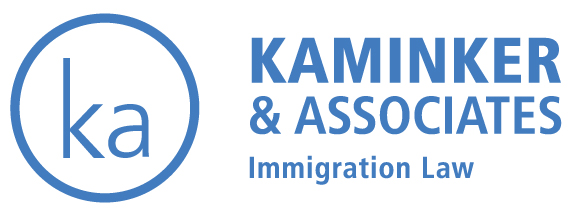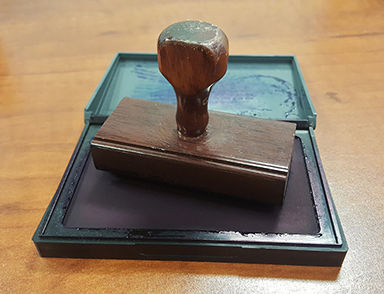Canadian Immigration – Understanding the Difference Between a Permit and a Visa
“What’s the difference between a permit and a visa?”
It’s a question we get asked a lot, and it’s a common point of confusion for many people navigating Canada’s immigration process for the first time. Understanding the difference between a visa and a permit is important for anyone coming to Canada as a worker, student, or visitor because they are different documents that allow you to do different things.
Failing to comply with the terms of your visa/permit is unlawful and could result in consequences that may impact your ability to travel to and/or remain in Canada.
That’s why, in this article, we’ll explain the differences between a visa and a permit, and help you understand what you need in order to legally work or study in Canada.
What is a Visa?
A visa is issued by the Government of Canada simply for the purpose of allowing you to travel to and enter the country or transit through a Canadian airport. It is a physical sticker which is placed inside of your passport, and includes your name, date of birth, and other information such as whether you are a worker, student, or visitor, where it was issued, when it was issued and when it expires.
A visa, by itself, does not give you the right to work or study in Canada. It only allows you to enter the country legally – even if it says worker or student right on it.
For visa-requiring countries, you must apply for and obtain a visa before arriving in Canada. This is often done through the Canadian Embassy or Visa Application Center (VAC) in your area. Without a visa, you are likely to be delayed or prevented entirely from boarding a plane to come to Canada.
If your visa expires after you arrive in Canada, you can apply for a renewal from within the country should you need to leave and re-enter Canada. Without a valid visa, should you leave Canada, you will not be permitted to re-enter, even if you hold a valid work or study permit.
What is a Permit?
A permit is a separate document that includes more information about what you can and cannot do in Canada and for what duration you can remain in the country as a worker or a student. Depending on the type of permit you have, it can include any restrictions or conditions on where you can work or study.
A permit is a document that authorizes you to work or study in Canada. You must be able to show this to your school or employer, regardless of the type of visa you have.
On the other hand, a permit does not, by itself, allow you to enter or re-enter the country – that is what the visa is for.
Avoiding Issues When Arriving in Canada
For visa-requiring countries, you must obtain both a visa and a permit to be able to enter Canada and legally work or study. This means that, before arriving in Canada, you must complete the application process and have all the paperwork and documentation in order.
For individuals arriving from non-visa requiring countries, such as the United States or the European Union, it is important to remember that though you can enter Canada without a visa, you must still obtain your work or study permit at the Canadian border/Port of Entry in order to be eligible to work or study inside the country. In some unique circumstances, a work or study permit can be obtained from inside the country.
Additionally, it’s important to understand that a visa and permit may have different expiration dates. If your visa expires, you will still be able to stay in Canada with a valid permit, but you will not be able to leave and re-enter the country. This is an especially common issue for students who want to go home in between terms or after completing their studies with the intention of returning to Canada.
Seek Assistance When Traveling to Canada
If you have not had an immigration lawyer assist you throughout your application process, it can be difficult to know the difference between a permit and a visa.
In short, a visa provides you with mobility rights to travel to and enter Canada. A permit authorizes you to study or work in the country.
Each has its own application process that must be completed correctly and accurately before you will be eligible to live, work, or study in Canada. Before traveling, always consult with a skilled immigration lawyer to ensure that you have everything you need to make your journey go smoothly.
Ashley Fisch B.A., J.D. is an Associate at Kaminker & Associates Immigration Law in Toronto, Ontario, Canada




Leave a Reply